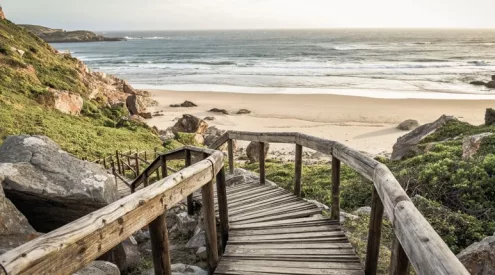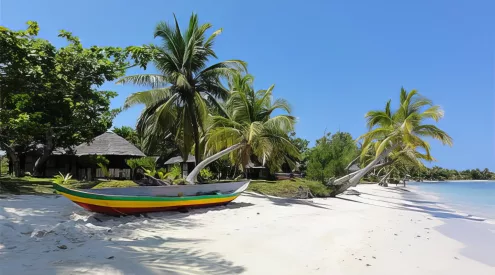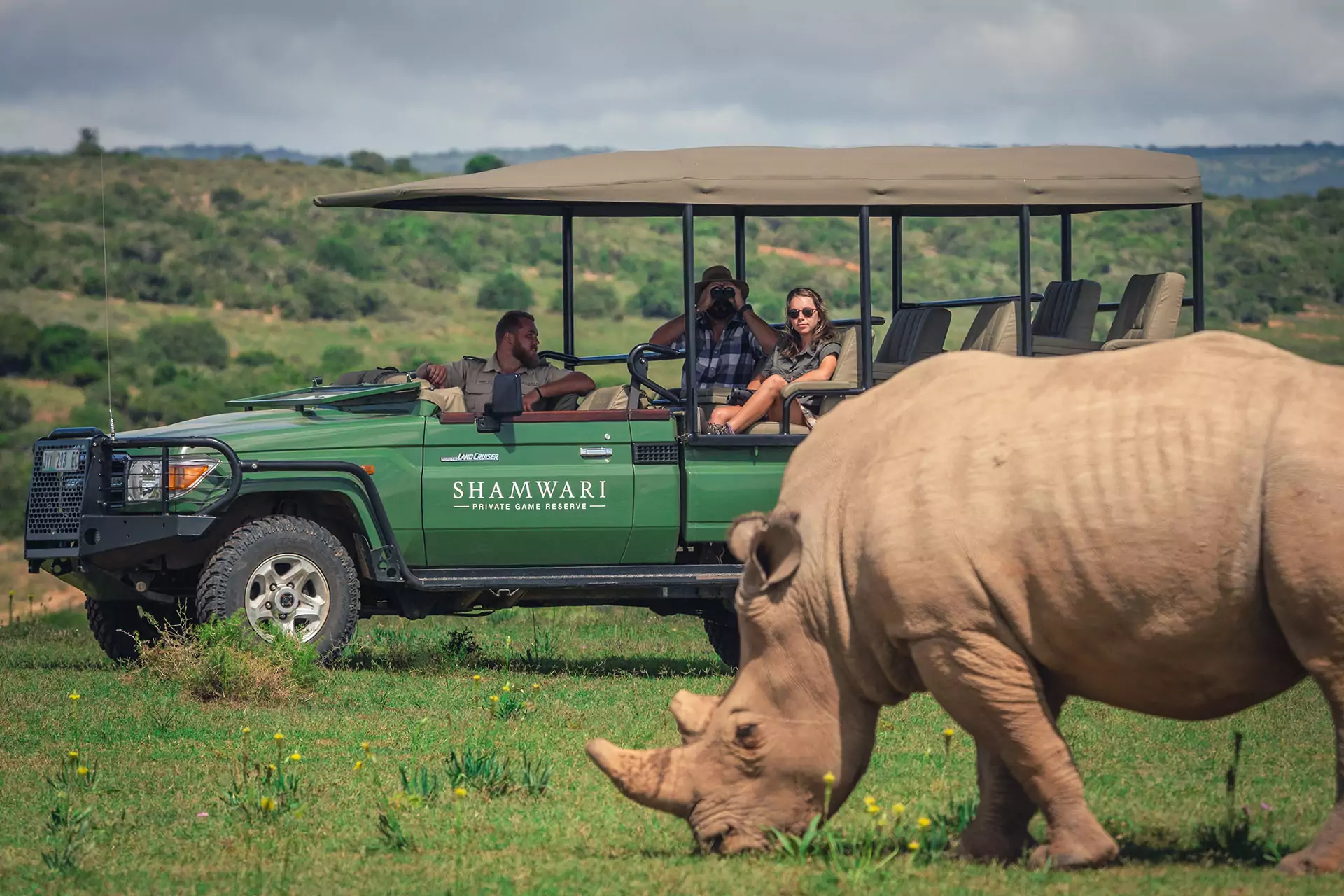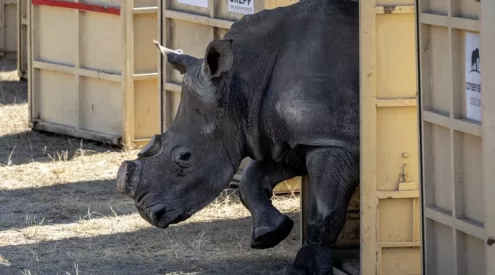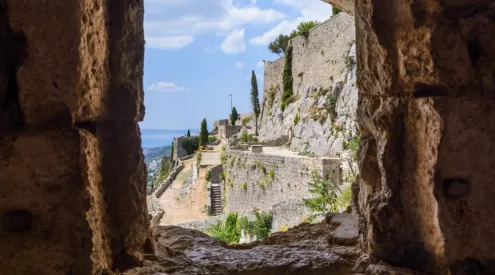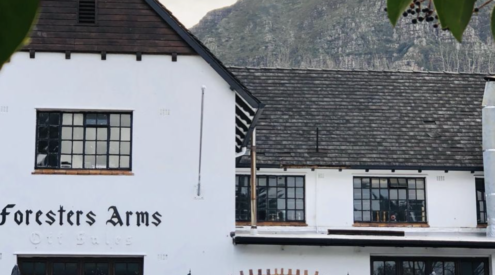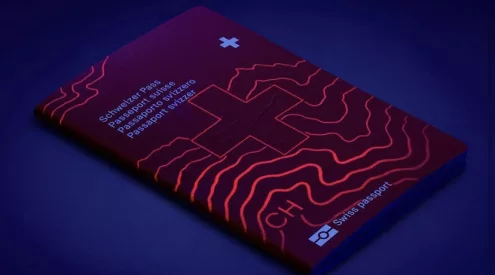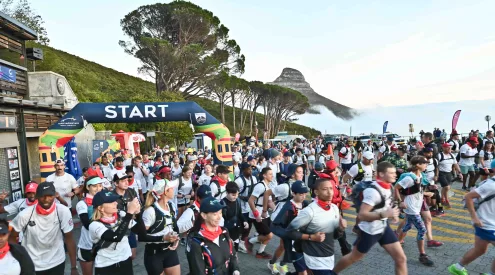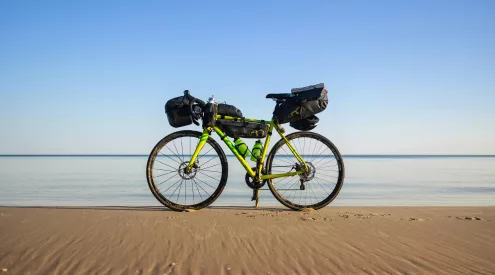It was 15h30 on a blazing hot afternoon in Cintsa on the Wild Coast. Together with 10 other riders and Cintsa Horses, we descended a grassy hill overlooking the nearby informal settlement and onshore waves below. My legs scraped against the passing thistle bushes and my horse for the two-and-a-half-hour trail, Dusty, quite happily made sure he fitted beneath a tree’s branch whilst I had to duck to avoid severe injury. We rounded a giant sand dune and right there in front of us was the ocean.
Whilst trotting and breaking into a canter on the white stretch of sand, it was hard to imagine that all these horses were once old and in very poor conditions. As a single mother of seven children, owner Georgie Dickerson bought her first horse with the 200 Pounds her family in Glouchester had sent to her. She was finally able to afford a farm when her family sold their house and the SPCA and local vets inundated her with calls to fetch old horses in need of rehabilitation. After purchasing nine horses in terrible shape from the Transkei, Georgie and her team taught black horse owners in the area basic horse care at their Newhampshire Equine Rehabilitation Centre. They’d often have to wait until the festive season before placing a lump sum on the vet’s table for all the free treatment they’d assisted with during the year.
Georgie runs Cintsa Horses with her daughter Penny and friend Asher. As three women, they could not handle the workload alone or afford to employ local people. They encountered many big agencies sending volunteers their way and realised how little of the fee was benefitting the local people and horses. And that’s how their volunteer program was born. Georgie realised that more often, people are delving deeper and going directly to organisations and projects and really seeking to make a difference.
I chatted to a European couple and a Brazilian guy all volunteering in the program. John and Mariana are from England and have chosen to volunteer here instead of taking a luxury island holiday. Marianna works as a translator and also does Reiki healing. Here she is regaining her confidence on a horse and has also been able to help the horses with bad backgrounds. Her husband, John, is a commander in the Royal Navy and has experienced such liberation. He says they are so used to the structure of Europe that the freedom, space, family, friendships and animals have shown him the essence of life and he’s felt more alive here in two weeks than he has in a long time. ‘It feel like what I’ve done here everyday has made a difference and I don’t feel like in my job at home’, says John.
21-year-old Henrique from Brazil is a vet student in his last year of studying. Whilst here, he has had the opportunity to work with local vets and a French volunteer who is a qualified vet and treats horses. Whilst he is used to working with cattle, he has loved the friendships made and the sensitivity of horses. He wants to return after studying to assist them as a qualified vet.
The horse trail took us all along the beach, past a river mouth, up steep paths and through luscious green bush. We ducked beneath spider webs, lazily walked along grassy lanes and followed behind one another in a smooth rhythm. The humidity did nothing to hinder the blissful nature of this trail. It was undoubtedly the best way to experience a bit of this unspoilt haven.
For more information on Cinsta Horses or to volunteer with them, visit www.cintsahorses.co.za or tel 043-738-5141
Click here to find affordable accommodation along the Wild Coast with Getaway Accommodation.

